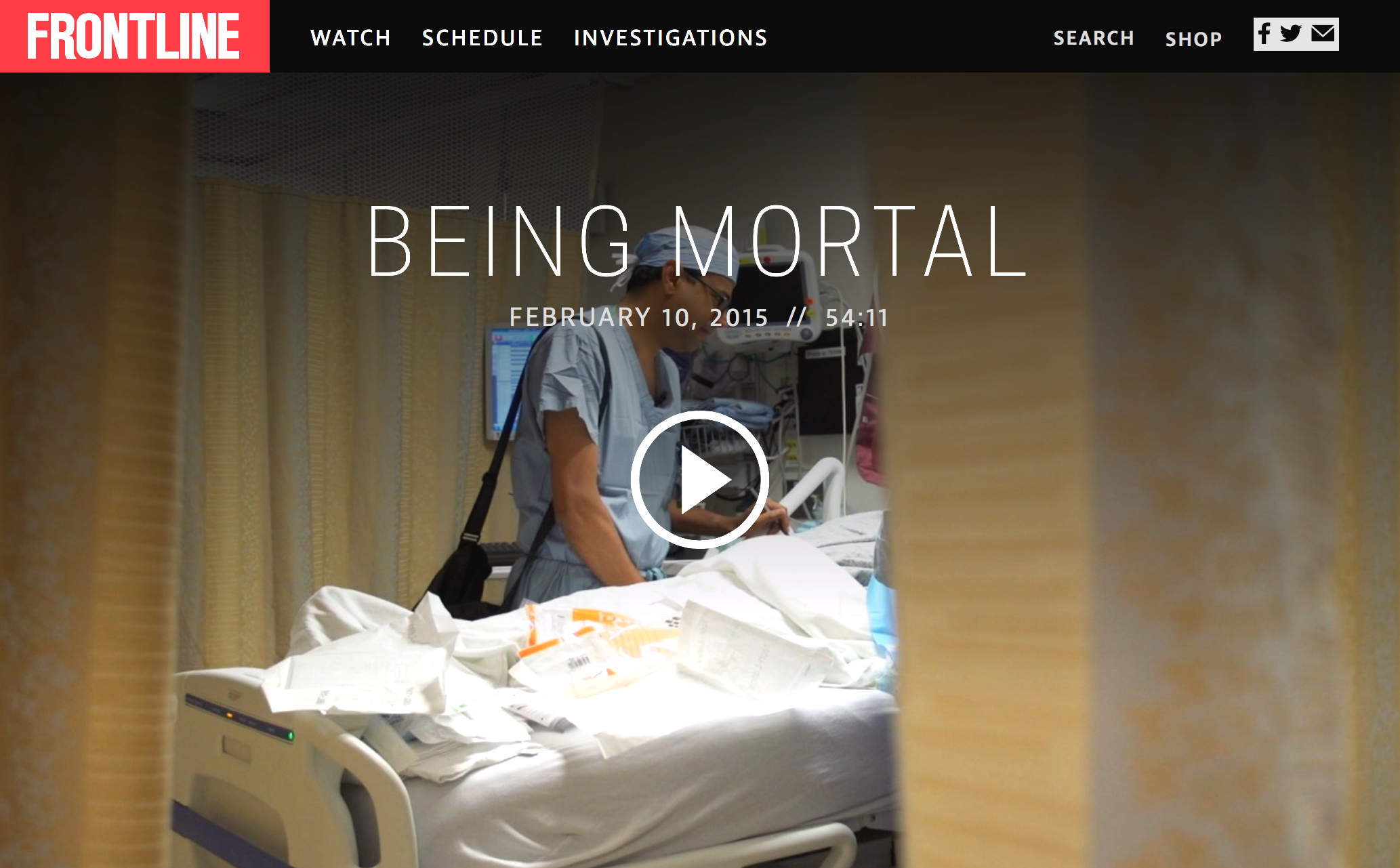Recommended Videos
Founder and Director of Stanford University’s Center for Compassion and Altruism Research and Education (CCARE), Dr. James Doty, speaks on the power of compassion and importance of the work of CCARE.
“Compassion results in pleasure. Compassion results in decreased levels of stress. Compassion results in promotion of the immune system.” – Dr. James Doty, Stanford University
CCARE investigates methods for cultivating compassion and promoting altruism within individuals and society through rigorous research, scientific collaborations, and academic conferences. In addition, CCARE provides a compassion cultivation program and teacher training as well as educational public events and programs.
Frank Ostaseski, cofounder of San Francisco’s Zen Hospice Project, discusses his book The Five Invitations and helps us explore how an awareness of death can be a valuable companion on the road to living well, forging a rich and meaningful life, and letting go of regret. He is an internationally respected Buddhist teacher and cofounder of the Zen Hospice Project, the first buddhist hospice in America. He founded the Metta Institute and has trained countless healthcare clinician in a unique model of mindful and compassionate care.
In April 2013 the Dalai Lama met scientists at the Université de Lausanne in Switzerland to participate in a conference on aging: ‘Living and Dying in Peace – Crossed Perspectives on Aging’. You can read highlights from His Holiness’s talk on the Coral Tree blog.
It’s not the passage of time that makes it so hard to get older. It’s ageism, a prejudice that pits us against our future selves — and each other. Ashton Applewhite urges us to dismantle the dread and mobilize against the last socially acceptable prejudice. “Aging is not a problem to be fixed or a disease to be cured,” she says. “It is a natural, powerful, lifelong process that unites us all.”
FRONTLINE follows renowned New Yorker writer and Boston surgeon Atul Gawande as he explores the relationships doctors have with patients who are nearing the end of life. In conjunction with Gawande’s book, Being Mortal, the film investigates the practice of caring for the dying, and shows how doctors — himself included — are often remarkably untrained, ill-suited and uncomfortable talking about chronic illness and death with their patients.
